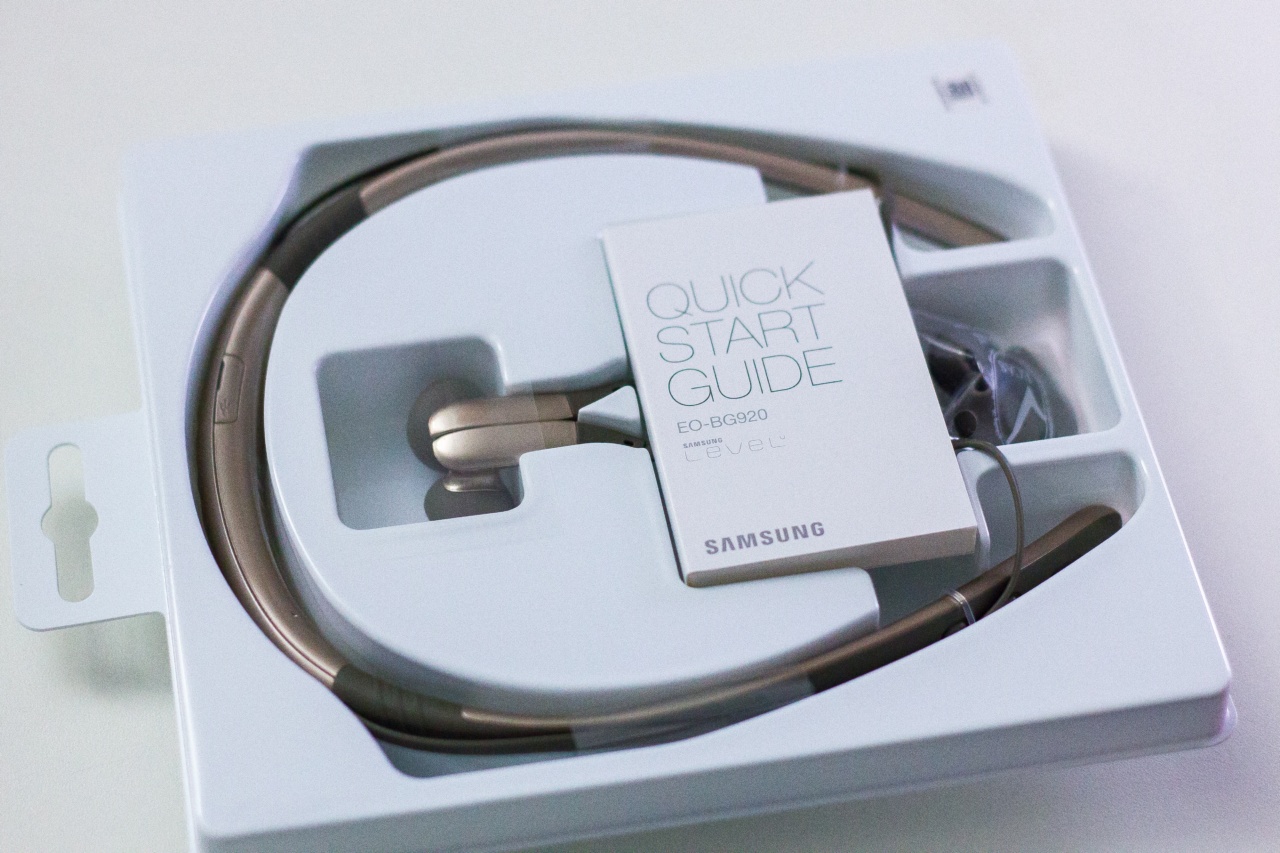Spirulina is a type of blue-green algae that grows in both freshwater and saltwater environments.
It’s been consumed for centuries by different cultures around the world and has recently gained popularity in the health and wellness community due to its numerous health benefits. In this article, we’ll explore the power of Spirulina and its potential benefits.
What is Spirulina?
Spirulina is a type of blue-green algae that is packed with essential nutrients. It contains all nine essential amino acids, making it a complete protein source.
Additionally, it’s rich in antioxidants, vitamins B and E, and minerals such as iron, magnesium, and potassium.
Benefits of Spirulina
1. Improves Immune Function
Spirulina has immune-boosting properties that help the body fight off infections and diseases. It contains phycocyanin, a pigment that has anti-inflammatory effects and helps improve the production of white blood cells that fight off infections.
2. Reduces Inflammation
Inflammation in the body can lead to various health problems, including chronic diseases. Spirulina has anti-inflammatory properties that help reduce inflammation in the body.
It also contains gamma-linolenic acid (GLA), an omega-6 fatty acid that has been shown to be effective in reducing inflammation.
3. Lowers Cholesterol Levels
High cholesterol levels can increase the risk of heart disease. Spirulina has been shown to reduce cholesterol levels in both animals and humans.
It’s believed that the high levels of antioxidants in Spirulina play a role in its cholesterol-lowering effects.
4. Enhances Brain Function
Spirulina contains a high amount of vitamins B1, B2, and B3, all of which are essential for brain function. These vitamins help improve cognitive function and reduce the risk of age-related cognitive decline and dementia.
5. Helps Manage Diabetes
Spirulina has been shown to have blood sugar-lowering effects that can benefit people with diabetes. It contains phycocyanin, which has been shown to improve insulin sensitivity and reduce blood sugar levels in both animals and humans.
6. Promotes Weight Loss
The high protein content in Spirulina can help promote weight loss. Protein is a filling nutrient that can help reduce appetite and food intake, leading to weight loss over time.
7. Detoxifies the Body
Spirulina contains chlorophyll, a green pigment that has been shown to have detoxifying effects. Chlorophyll helps remove toxins from the body, including heavy metals like arsenic and lead.
8. Boosts Energy Levels
Spirulina contains a high amount of iron, which is essential for the production of hemoglobin. Hemoglobin is responsible for carrying oxygen throughout the body, which is necessary for energy production.
9. Improves Digestion
Spirulina contains fiber, which is essential for digestive health. Fiber helps promote bowel regularity and prevents constipation. Additionally, the antioxidants in Spirulina can help reduce inflammation in the gut, improving overall digestive health.
10. Reduces Blood Pressure
High blood pressure is a common health problem that can increase the risk of heart disease. Spirulina has been shown to reduce blood pressure levels in both animals and humans.
It’s believed that the high levels of antioxidants in Spirulina play a role in its blood pressure-lowering effects.
How to Use Spirulina
Spirulina is available in various forms, including powder, capsules, and tablets. It can be added to smoothies, juices, or taken as a supplement.
It’s important to follow the recommended dosage on the product label and consult with a healthcare provider before taking Spirulina.
Conclusion
Spirulina is a nutrient-dense algae that has numerous health benefits. From improving immune function to reducing inflammation and lowering cholesterol levels, Spirulina can play a beneficial role in overall health and wellness.
However, it’s important to consult with a healthcare provider before taking Spirulina to ensure its safety and efficacy.




























